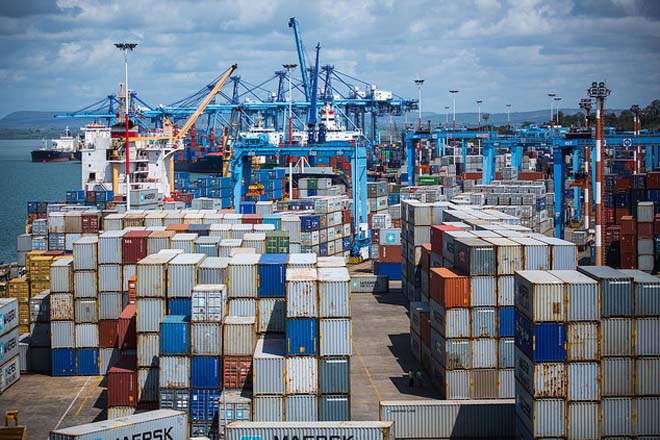Advocata
Extraordinary Gazette No 2270/18 of March 2022, imposes import restrictions on 367 goods determined as “non-essential” by the Ministry of Finance. These can now only be imported under a license issued by the controller general of imports and exports control.
This move tightens already existing import restrictions on a series of imported goods ranging from electronic goods to fruits such as apples and oranges. This policy change comes into effect in a market that is already facing acute shortages of essential goods. Imposing such a system of licensing will have a significant negative impact on an economy facing a severe crisis.
This step is the latest in an ever-tightening list of restrictions that have been imposed over the past two years. There is no evidence to suggest that this latest move will address the problem of the trade deficit any better than the previous policies in the same vein. The authorities still seem to hope that an inflow from tourism will solve the balance of payments problem but current policies are threatening the long term sustainability of the export sector.
For example, restaurants and hotels catering to tourists are finding it difficult to operate due to shortages of cooking gas and power cuts. Villas and restaurants are unable to get gas to prepare food and have paid a premium to obtain fuel to run generators. Some hotels are already facing cancellations of bookings and are reported to be considering closing down temporarily. Some garment exporters have been unable to operate due to power cuts and inability to get fuel for generators leading to lost orders. Foreign buyers are voicing concerns about the reliability of supplies from Sri Lanka which can lead to permanent losses of orders and customers.
The proposed license regime will add to the costs of doing business. Net economic losses in the wider economy will increase as this restricts competition. These economic inefficiencies will be transferred as costs that will have to be borne by consumers through higher prices, fewer jobs and reduced economic activity. This will add to the country’s economic woes and lead to new black markets and corruption. The introduction of a licensing regime on imports has a negative impact on exports. This is due to some important items needed to produce exports need to be imported and because the profitability of import substitutes increases due to scarcity. Advocata’s Academic Chair Dr. Sarath Rajapatirana comments that “Research done by Jagdish Bhagwati shows that a country’s trade strategy must be an export-oriented trade strategy. Implying equal incentives for export promotion as for import substitution”. Therefore the current policy is counterintuitive. Investments will move away from exports to import substitutes and non-tradable goods sectors. Those who get import licenses will make high profits that will also induce what is called “rent-seeking”: A negative aspect of import licensing.
Import restrictions have caused market power to become concentrated among a few players in the supply of commodities such as tiles, rice, maize etc allowing them to enjoy supernormal profits, to the detriment of SME’s and consumers.
Costs of creating an import licensing regime include, losses in jobs as businesses will be put out of business, losses in output and misallocated resources.
The Advocata Institute calls for the immediate revocation of the policy decision. The government has taken some steps to address the macroeconomic imbalances, this needs to continue and be supported by comprehensive economic reform.
Key Points
- Macroeconomic reforms remain the key to addressing the foreign exchange crisis. Short term alternatives will further worsen economic conditions for both businesses and consumers alike.
- With sound macro economic policy there will be no necessity for import controls. Advocata urges the government to eliminate import controls on consumer goods and if import restrictions are subject to some tariffs, apply the same rate to raw materials A lower rate tariffs on raw material will raise effective rate of protection and distort production and worsen shortages.
- Existing import controls can jeopardize the future export potential of the country whilst significantly harming consumers.
- A large number of jobs will be lost as businesses are already experiencing the impact of shortages.
- Licensing creates a breeding ground for racketeering and corruption.
Advocata is an independent policy think tank based in Colombo, Sri Lanka. We conduct research, provide commentary and hold events to promote sound policy ideas compatible with a free society in Sri Lanka. Visit advocata.org for more information.

